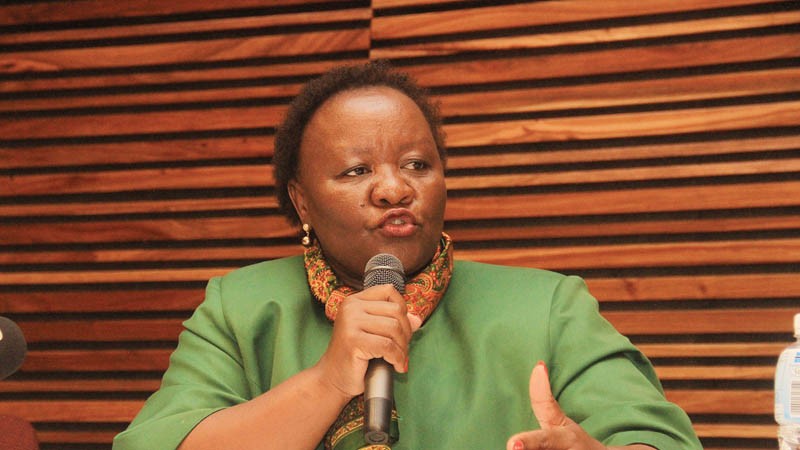Tobacco Control Bill shelved
Baboki Kayawe | Wednesday August 9, 2017 17:01


The Minister of Health and Wellness, Dorcas Makgato, had promised the National Tobacco Control Conference when officially opening the event on July 10 that the Bill would be taken to Parliament during that week subsequent to Cabinet approval.
However, the draft law, whose purpose is to align local tobacco control efforts with the Framework Convention on Tobacco Control (FCTC), did not go through as planned for the mid-July Parliament.
Speaking during a media-training workshop in Gaborone on Monday, chief health officer, Thato Sengwaketse said, in fact the Bill was taken to Cabinet on the said period, but there were objections on certain provisions of the draft law.
“The Bill was scheduled to go to Cabinet then and it did, recommendations have also been made for amendments,” she said.
She explained that Cabinet queried the national structure proposed in the Bill, and asked the drafters for clarity to show that it is in line with “what is recommended by Botswana”.
The FCTC requires that there be a national coordinating structure comprising of the chairperson, secretariat and members, amongst others.
“What they are basically asking for is that the structure be made relevant to Botswana’s setting,” Sengwaketse said without divulging any further details, as the Bill is yet to go for public consumption.
She added the ministry is currently working on amendments of the draft Bill after which Cabinet resubmission would be made soon, and consequently reach Parliament.
On the latest development, the executive director of Anti Tobacco Network (ATN), Bontle Mbongwe said they trust that the minister has declared war on tobacco. However, Mbongwe said, the passage of the law must be prioritised.
“Our issue is that whatever happens in Cabinet the minister must treat the passage of this law with urgency. As ATN we encourage the ministry to act urgently as the law has been pending for way too long. It has been announced several times that the law is coming to Parliament, but it didn’t happen,” she said.
“The more it delays the tobacco industry is also going to take advantage and form partnerships with our leaders and convince them otherwise on different aspects of the bill and water it down,” Mbongwe warned.
Further advising the health officials to stick to what they believe, in that tobacco and its products are a killer contributing immensely to non-communicable diseases, hence its control, just like tobacco control ought to be escalated to curb its harmful effects.
In 2013, during his State of the Nation address, President Ian Khama announced the coming of an FCTC tobacco compliant law. At the time, he said tobacco use is a risk factor for non-communicable diseases, which are on the rise in Botswana. We have thus been implementing tobacco prevention and control initiatives. For example, we have introduced a 30% tobacco levy, which will be used to address the growing burden of tobacco use.
“We are also in the process of repealing the Tobacco Control of Smoking Act of 1992, which will be replaced by a more comprehensive legislation,” Khama said.
According to senior technical officer in the health ministry, Ephraim Rapalai, tobacco use prevalence stood at 15.3%, and 19.4% in 2001 and 2008 respectively among the ages 13- 15 years as per the findings of the World Health Organisation (WHO) Global Youth Tobacco Survey.
“In 2001, 17.1% of boys smoked, while 13.7% of girls did,” Rapalai said.
The numbers increased in the successive 2008 study. Of the boys, 23% were found to be using tobacco and its products, while 16.2% of the girls smoked. Another survey undertaken in 2007 looking into prevalence rate among adults indicated 19.7% used tobacco products, while a 2014 similar study revealed a slight decrease of 18.3%.
“The 2014 study revealed 31.4 percent of users were men, 4.9% of women, and 18.3 percent overall were current smokers of tobacco. Moreover, 1.5% of men and 6.5% of women, and 3.9% overall were current users of smokeless tobacco,” he said.
Rapalai further said exposure to secondhand smoking is worrisome. The study found out that 28.3% of adults were exposed to tobacco smoke at the workplace, while 43.6% of adults were exposed to tobacco smoke at home.
Botswana is signatory to the FCTC, a WHO treaty developed in response to the globalisation of the tobacco epidemic.
